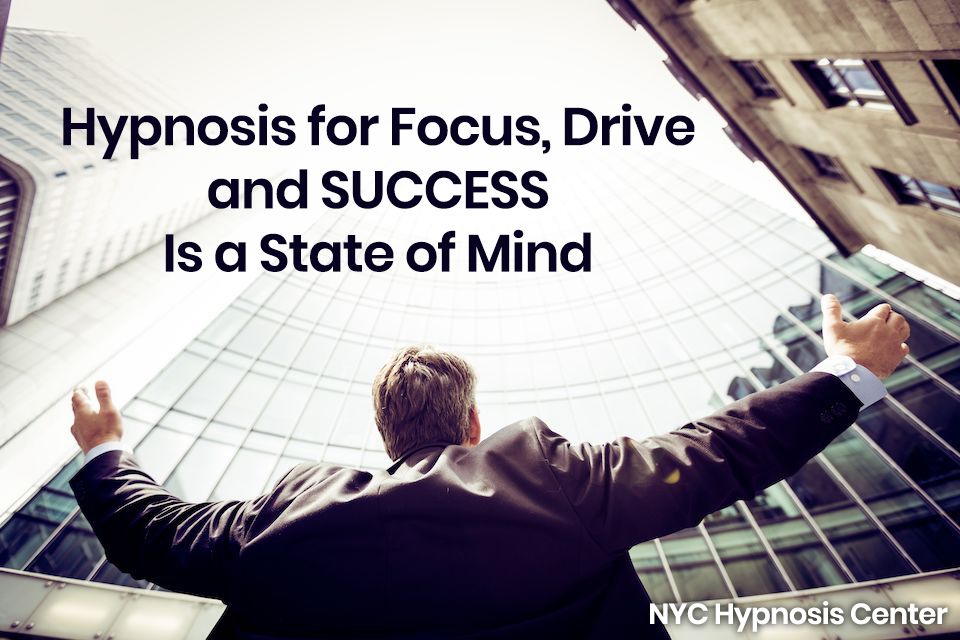
Are You Your Own Toughest Critic?
Are you struggling with habitual negative self-talk and low self-esteem?
Do you wish you had an inner coach that encouraged you?
Do minor setbacks often lead to a downward spiral of negative thoughts?
Does self-criticism stir up feelings of anger, sadness, or anxiety?
The Inner Critic
Inside each of us are two distinct voices: the critical and the compassionate. The balance between how much you heed each one shapes your self-perception and emotional state. Think of these voices as two characters, each offering their own commentary on your life experiences.
The inner critic pushes us toward unattainable standards. It is always watching, assessing, and scrutinizing your every action. It is that critical voice that makes you doubt your abilities and/or your character. Maybe it’s not even a voice, maybe it’s that feeling of dread before you give a presentation.
Your Inner Critic
- Diminishes accomplishments.
- Ignores the hard work you put in.
- Sets unrealistic standards
- Encourages unhealthy competition with others.
- Shames you for mistakes and lack of knowledge.
What you say to yourself, or the so-called “self-talk” that you engage in, can have a major impact on how you live your life. Anytime you tell yourself things like “It’s too hard” or “I can’t,” you are setting yourself up to fail – instead of looking for ways to succeed. You might be so accustomed to negative self-talk that you don’t even notice what you’re saying yourself or how it is shaping your automatic responses.
Imagine…
Nurturing a Supportive and Encouraging Relationship with Yourself
Having Self-Compassion
Thriving Through Life’s Challenges
Objectively Assessing Yourself
Being Gentle and Kind to Yourself
Paying Attention to Your Inner Nurturer
What Causes Self-Criticism?

Your negative self-talk may be a result of experiences earlier in your life. For example, if your parents always blamed you for everything, you grew up thinking that everything was your fault. Or, if one of your parents was always blaming themselves for everything, you may have started to model the same behavior.
That critical voice inside you is a survival mechanism forged in the fires of past hurt. It’s learned to protect you by communicating in the only language it knows, negativity. Instead of saying, “Be cautious, love might bring pain,” it translates that fear into, “You’re unlovable.”
As mature adults, we logically recognize that these learned limiting beliefs from our past aren’t accurate. We might remind ourselves, “I’m not worthless and unlovable; I have a great family and an amazing job,” However, if your subconscious still clings to those outdated beliefs, those harmful thoughts can unconsciously influence your actions and decisions.
If you feel as though you have too much negative self-talk, self criticism hypnosis can help.
How does Self Criticism Hypnosis help?
The conscious mind learns through reasoning and logic, while the subconscious learns through repetition or significant experiences, including trauma. Consider driving as an example: Initially, each step—checking mirrors, fastening the seatbelt, shifting gears—requires deliberate thought. Over time, however, these actions become automatic. Now, you might find yourself driving on autopilot, preoccupied with thoughts about work or a recent argument, to the point where the task of driving itself fades into the background.
At your negative self-talk hypnosis session, you’ll enter a trance-like state, allowing a certified hypnotist to deliver positive suggestions directly to your subconscious mind. Your subconscious is where all your memories are stored, and it is responsible for your self-criticism and negative self-talk. By tapping into your subconscious, we can discover what specifically is causing your negative self-talk, so that it can be overcome.
By identifying the sensitizing event and altering how it’s perceived at the subconscious level, you can overcome self-criticism. At the NYC Hypnosis Center, we can help reframe your subconscious perception of the event, removing the limiting beliefs that stem from that experience.
Healing the Inner Child
We all have an inner child, the part of us that retains the innocence, curiosity, and emotional wounds from our early years. It’s the aspect of our psyche that is vulnerable, seeking love, acceptance, and validation.

The inner child and the inner critic are intertwined in ways that profoundly influence our thoughts, emotions, and behaviors. When the inner child feels vulnerable or threatened, the inner critic might emerge in an attempt to protect it by enforcing harsh judgments or self-imposed limitations. If the inner child feels insecure or unworthy, the inner critic might step in with negative self-talk, discouraging risks or new experiences to avoid potential failure or rejection.
In hypnosis, we can heal the inner child and integrate these aspects of ourselves, fostering a sense of self-acceptance and emotional resilience. As the inner child learns to feel safe and valued, the inner critic’s voice can soften, transforming from a harsh judge into a more constructive guide. As the inner child begins to heal, the grip of the inner critic loosens, paving the way for greater self-compassion, authenticity, and fulfillment.
During a self-criticism hypnosis session, you can learn how to replace those bad thoughts and comments with positive ones. Your unconscious mind is programmed to focus more often on your Inner Nurturer. Hypnosis for self-criticism can help you to re-set, and to create new positive neural pathways that will help you to feel empowered and build the foundations for the life you want to live.
A New York Overcome Self Criticism Hypnosis session can help you:
Conquer Negative Self-Talk completely
Overcome Parental Conditioning
Unleash your new found Confidence
Balance the Inner Critic with the Inner Supporter
Help Your Inner Child to Heal

Disclaimer: Results may vary from person to person

